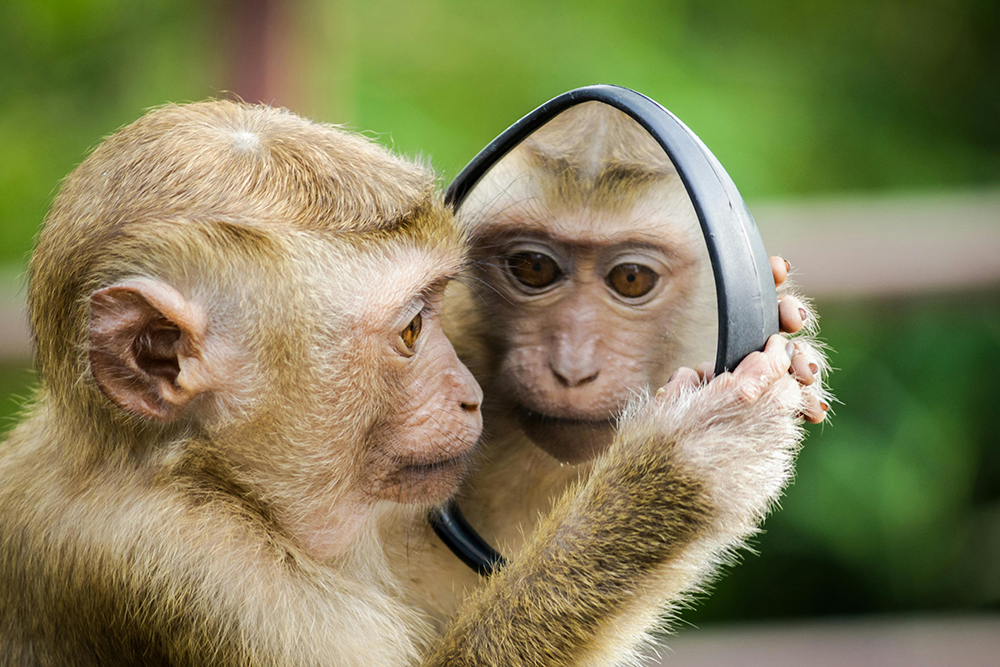 (Photo source: Pexels)
(Photo source: Pexels)
Countless kalpas ago, a kind-hearted and friendly monkey was practicing in the mountains. While picking fruits one day, he heard a cry for help from a deep valley. Despite the dangers, the monkey bravely faced adverse conditions to rescue a wounded person.
The monkey carried the heavy man up the steep mountain. Despite the danger, the monkey finally managed to reach a safe ground to lay the man down and then fell asleep under a tree, exhausted from the effort.
The man felt grateful at first but soon realised he was hungry and fatigued. He needed food to regain energy for his journey down the mountain. Looking at the sleeping monkey, he had a disturbing thought: it’s just an animal, he could eat it to satisfy his hunger and gain strength to continue his journey.
After making up his mind, the man picked up a rock and threw it at the monkey’s head. Fortunately, the monkey was only slightly injured, and he agilely escaped to the top of the tree and looked at the man from top. With no hatred in its heart, the monkey felt sympathy and compassion towards the ungrateful man. Understanding its kindness lacked the power to change the man’s evil ways, the monkey aspired to attain greater virtue and strength, vowing to return and liberate the man in the future. This monkey was the future Sakyamuni Buddha.
In the past lives of the Buddha, whether in human or animal form, Buddha consistently maintained a pure and compassionate mind, transforming negativity into positivity. When faced with praise or criticism, we should maintain an equanimeous heart. When we hear praise, take it as encouragement; when we hear slander, take it as a warning. If one can regard all human affairs as opportunities for learning, not only will it prevent one from being swayed by circumstances, but it will also nurture a heart of gratitude and compassion, while inspiring the aspiration to realise the Buddha’s great vows to liberate others and deepen one’s understanding of the karmic affinity of good and evil.
Learning the Dharma is straightforward—it is about safeguarding the purity of our karmic affinities. The seeds of our experiences (cause) are planted, and the fruition (effect) of those seeds is influenced by external conditions and our interactions with the world. Cultivating positive affinities through the purification of actions and intentions is essential. If one can grasp the principle of cause and effect, it can transform negative actions into positive ones, leading to positive karmic outcome and a more harmonious existence. One must cherish the Buddha's teachings dearly. Understanding the Dharma is not complicated, it is people who make it so. Sages are able to distil the Buddha’s teachings into simplicity, and simplicity is the most sublime and pure expression of the Dharma.
Translated by Michelle Lee
